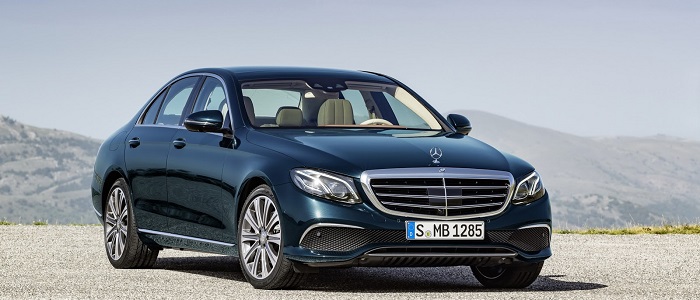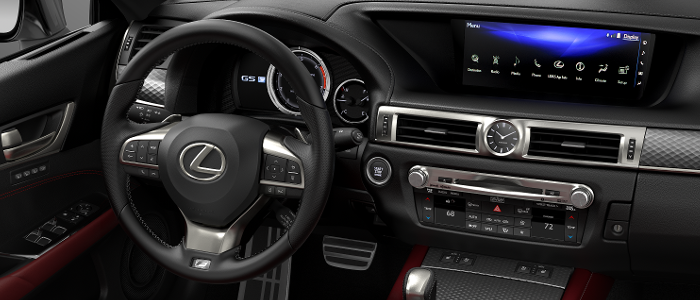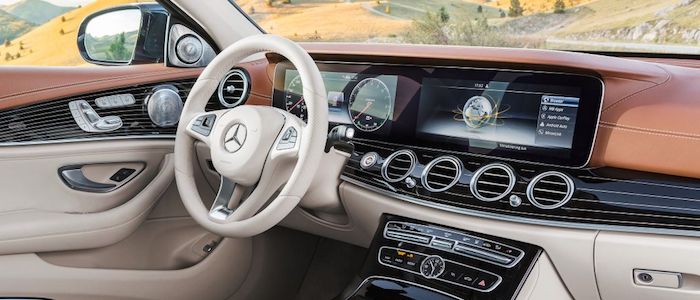Compare two cars
Compare any two cars and get our Virtual Adviser™ opinion
Dimensons & Outlines
Check vehicle history
Engine
4.0 M177 DE40 AL HP
Performance (manual gearbox)
Performance (automatic gearbox)
Expenses
Virtual Adviser's™ opinion
Two significantly similar cars, no doubt about that. Still, each one has something different to offer. Having both cars powered by petrol engines and utilizing the 4-door sedan body style within the same 'Luxury car' segment, the only major difference here really is their wheel drive configuration (rear for the Lexus and 4 x 4 in the case of the Mercedes Benz). The first one has a Toyota-engineered powertrain under the hood, a 8-cylinder, 32-valves 477hp unit, while the other one gets its power and torque from a 8-cylinder, 32-valves 571hp engine designed by Mercedes Benz.
SafetyThe fact that the Mercedes Benz got tested by the European New Car Assessment Programme (Euro NCAP), while the other contender didn't, puts it sky-high safety-wise, in my eyes at least. Moving further on, let's take a closer look at some additional safety-related facts. Both vehicles belong to the luxury car segment, which is generally a very good thing safety-wise, but that fact doesn't break the tie between the two cars. On the other hand, if we'd like to consider vehicle mass in this context too, which we definitely should, the German car offers a marginal difference of 1% more metal.
ReliabilityManufacturers have been building their reliability reputation for decades now and, generally speaking, it appears that Lexus as a brand displays somewhat better results, all the models observed together. That's the official data, while our visitors describe reliability of Lexus with an average rating of 4.9, and models under the Mercedes Benz badge with 4.3 out of 5. Unfortunatelly, I don't have enough insight that would allow me to comment in more details on the specific models level. That apart, owners of different cars powered by the same engine as the Japanese car rank it on average as 3.0 out of 5, exactly the same as the other one.
Performance & Fuel economyMercedes Benz is undoubtly more agile, reaching 100km/h in 1.1 seconds less than its competitor. Still, it lacks the power to win the top speed competition, topping at 250 kilometers per hour, 20km/h less than the other car. When it comes to fuel economy an obvious choice would be the German car, averaging around 9.1 liters of fuel per 100 kilometers (31 mpg), in combined cycle. That's 23% difference compared to the Japanese car!
Verdict
Lexus appears just a bit more reliable, although the difference is truly marginal. The most important thing when deciding between any two vehicles should always be safety, both passive and active. In my opinion, everything taken into account, the German car beats the other contender by far, making it the best choice without even considering other things. When it comes to performance, both vehicles provide similar experience, so I wouldn't point any of them out. the German car is in a different dimension economy-wise, and many people will find that crucial. All together, there's not much more to say, in this case I wouldn't even consider anything but Mercedes Benz. In any case that's my personal view, built upon all the data available to me. What should decide here though is the way you feel about the two vehicles, and I hope you'll find my guidelines useful in the process. In case you have two minutes to spare I invite you to define your needs, desires and budget and see which car would be chosen by the virtual adviser™, among thousands of similar, yet so different vehicles.


































